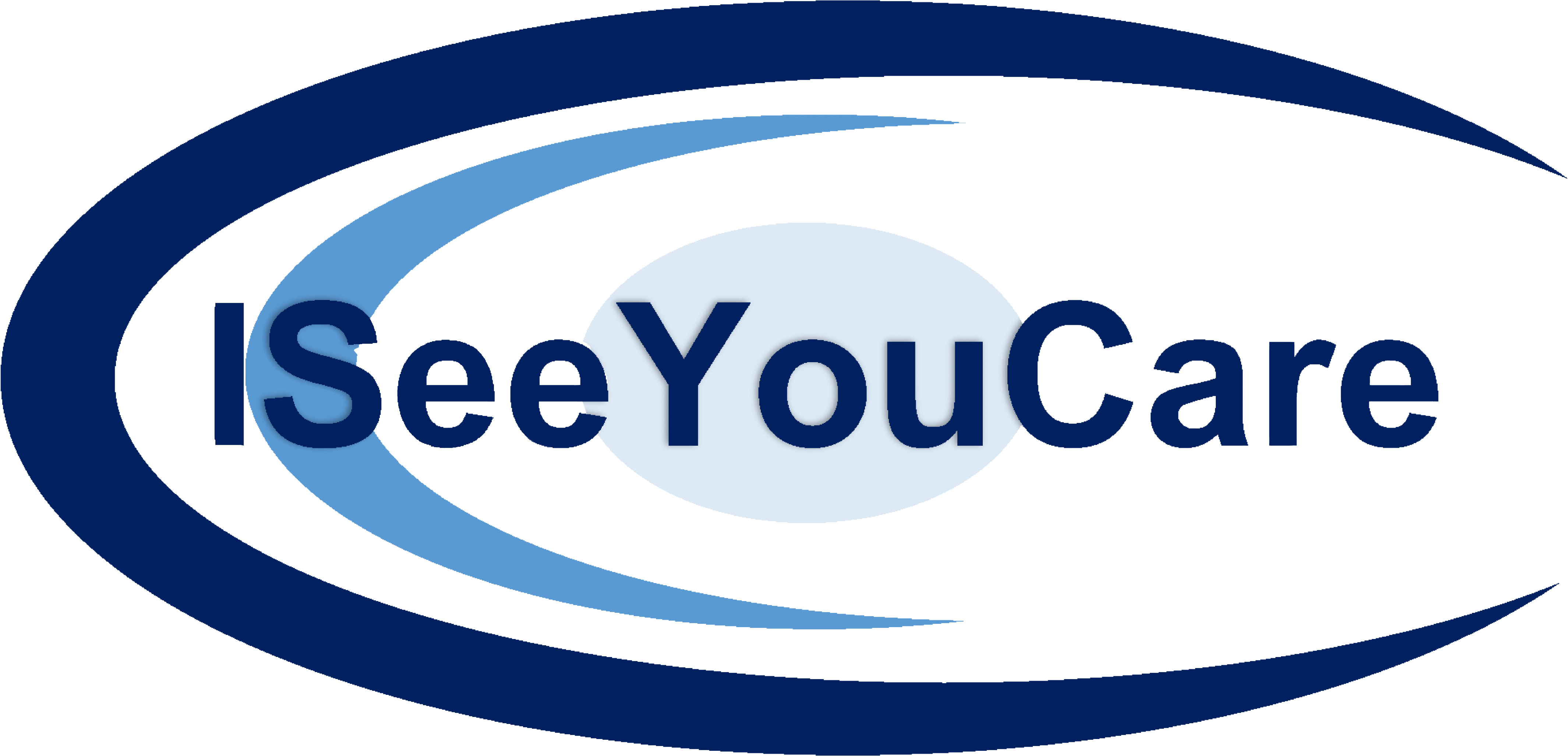The healthcare blogosphere erupted recently due to a reported interchange between VP Joe Biden and Epic CEO , Judy Faulkner. The ensuing debate over patient access to medical records had proponents on both sides.
According to reports, Biden asked why patients shouldn’t have access to their medical records.
Reportedly, Faulkner responded “Why do you want your medical records? There are a thousand pages of which you understand ten.”
Herein lies one of the fundamental challenges to healthcare interoperability. As one industry expert said “it’s not a matter of ‘how-to’, but a matter of ‘want to’”.
Mrs. Faulkner represents the opinion of many in the medical field. Many do not believe patients have the capacity to understand their medical data. But as Mr. Biden responded, “If I need to, I’ll find someone to explain them to me and, by the way, I will understand a lot more than you think I do.”
Is Patient Access to Medical Records a Right?
Our opinion is that patient data is just that, the “patient’s data”. Therefore, all medical providers should make it easy to access. Whether patient’s can understand it or not, is not the problem of the medical system. Patient access to medical records should be a fundamental right.
The patient now has access to tools, such as MyeMHR Personal Health Record. “Our PHR platform ingests health data from disparate EHRs and formats it in a way for the patient and care giver to proactively manage health challenges such as chronic conditions”, says Hugh Brennan, VP of Sales and Marketing.
While the legal definition of “data ownership” may continue to be debated, and decisions around whether fees can be attached to access, there is no doubt that patients should and do have the right to access their health information. And it should not be up to EHR vendors or medical practices as to how and when that information is presented to them.
We believe unfettered access to data is key for achieving the triple aim. It will promote a higher level of patient engagement, encourage collaboration across a wider spectrum of experts, and lead to overall better patient outcomes.

